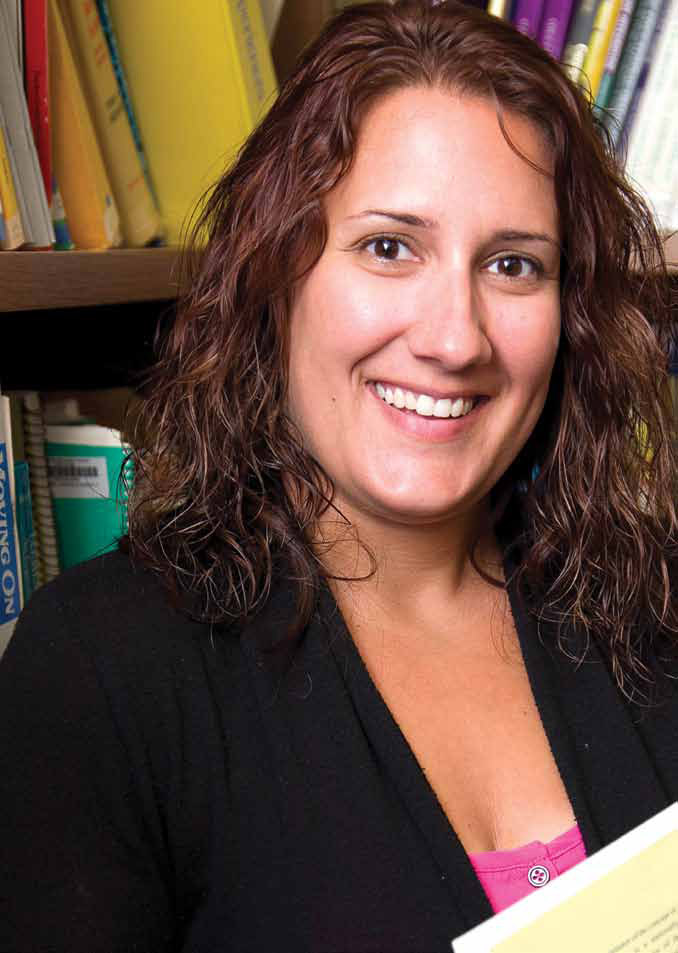Posted on mars 20, 2018 by Kiara McLean
Students at UNBC are building community connections to improve the quality of life of Indigenous students through social events and project partnerships.

Campus Cousins is a program available through the First Nations Centre at the University of Northern British Columbia (UNBC) that works to build community connections and increase the quality of life of Indigenous students through social events and project partnerships. Sara-Lynn, Niky, Karista and Aaron (Yahlnaaw) are all UNBC students working in the Campus Cousins program. Their passions in the program lie within community building, Indigenous student retention, peer-support, cultural revitalization and empowerment.
Posted on by Laura Forsythe
Phillip Baker explains the opportunities being provided by this program for Indigenous Education Assistants in Manitoba to gain a degree in the field of education.

CATEP is designed to provide Aboriginal Educational Assistants with the opportunity to complete the requirements of the Integrated BA/BEd, while continuing to work full-time in a partner school division.
From its website: »
About CATEP
ACCESS Education Programs

A joint venture between The University of Winnipeg Faculty of Education, Manitoba Entrepreneurship, Training and Trade and our partner school divisions.
If you share a passion for education and fostering the development of children and teens, the opportunity to take your career one step further is available. You can attain a university degree and become a certified teacher while working in a school as an Educational Assistant through the Community-based Aboriginal Teacher Education Program (CATEP).
It has long been recognized that there is an under-representation of Aboriginal people in the teaching profession. CATEP is designed to provide Aboriginal Educational Assistants with the opportunity to complete the requirements of the Integrated BA/BEd, while continuing to work full-time in a partner school division. »
https://www.uwinnipeg.ca/access-education/catep/index.html
Posted on by Jeremiah Sharpe
With a variety of programs support for the Inuit community comes from the Manitoba Inuit Association.

Manitoba Inuit Association strives to assist the Inuit community across the province, offering a variety of services.
From its website:
- »To build a vibrant Manitoba Inuit community by connecting Inuit through activities and initiatives that sustain and build Inuit culture, values and language
- Improve education, employment and training outcomes for Inuit in Manitoba
- Develop research partnerships that help improve the health status for Inuit in Manitoba
- Improve housing and food security for Inuit in Manitoba
- Foster organizational capacity and innovation »





















